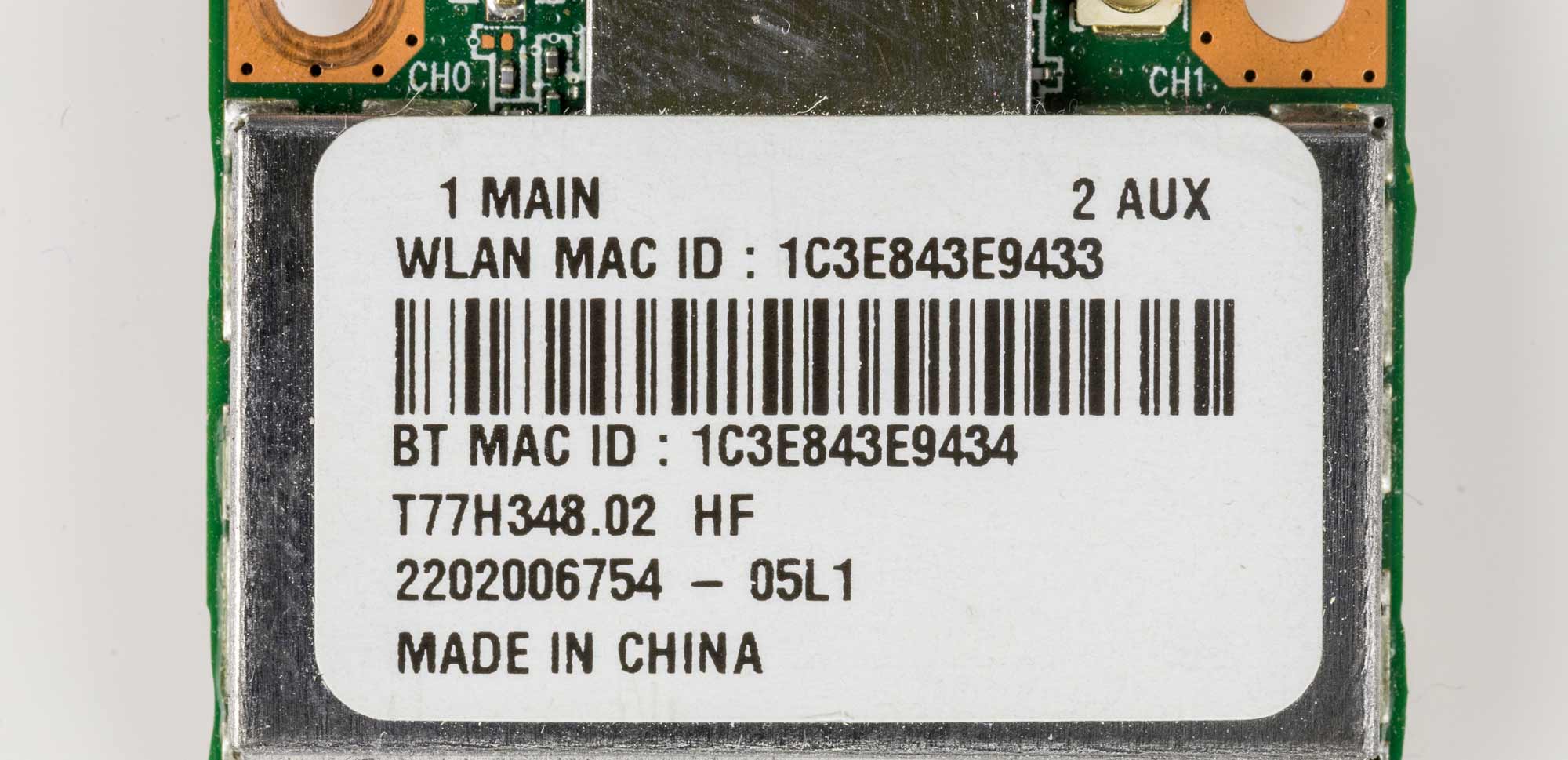Hey there! This is James (aka “Dudsmack”) with some of the harder-learned lessons I’ve experienced over many years of running public LAN parties.
Grow Your Checklist from Event Postmortems
Every LAN party group starts with people just jumping into the unknown wholeheartedly. We can do all the research and preparation possible but inevitably mistakes will be made.
For instance, for our Winter 2015 charity LAN we spent a great deal of time mapping out our new venue: the electric grid, the floor space, the Internet access, the parking lot, and even the building lighting. In all our preparation efforts, we completely overlooked the natural lighting. The venue featured large ceiling windows that let the sunlight flood in and wash out the visibility of everyone’s monitors in the room below. As the sun reached its highest point in the sky, we quickly scrambled up onto the icy roof and did our best to block the sunlight using aluminum foil and duct tape. After this event, we added ‘proper window coverings’ to the “to bring” checklist and added ‘investigate natural lighting’ on the “new venue consideration” checklist.

By having a post-event discussion with staff and volunteers after every event, we can reduce the chances of making the same mistake twice. By dutifully using checklists for every event we can make sure we don’t forget the lessons we’ve already learned. To aid in these postmortems, we created a private channel in Discord where staff and volunteers quickly describe problems as they occur; this way no observed mistakes get left off the discussion.
Include Abundant “Double Checks” On Your Check List
Back in 2006 we went all-in with a new venue and major changes to our electric gear to boost the attendance capacity by over 100 seats. To add to the pressure, we were unable to access the venue for set up until 3pm the day before the LAN, resulting in the maddest setup dash I have been a part of. At the time we had two staffers who oversaw setting up the electric grid; one wiring distribution lines directly into the venue’s breaker boxes, while the other connected the distribution boxes (where wires become electric plugs).

The next morning an early-bird attendee showed up, carefully setup their lovingly cared for rig, and plugged it in only to have a white puff of smoke come belching out of his power supply. Turns out there was a communication lapse between the two electricians, resulting in an outlet being wired up with two hot wires (instead of a hot and a neutral wire), quickly frying the gamer’s power supply. We did right by our attendee by having a staffer rush out to Comp USA and buy an equivalently featured replacement power supply. We also spent the next several hours fearing another electric mistake might be lurking, waiting to be discovered. Had we taken an extra 30 minutes the day before to check each circuit, this embarrassing (and expensive) incident would have never happened.
Communicate and Consider the Impossible
Every network interface controller in the world includes a unique identifier – without it devices wouldn’t be able to properly communicate with each other. This MAC address consists of twelve hexadecimal digits – there are enough possible addresses available that if you were to host a LAN party with 40,000 computers, each with a completely randomly assigned address, the odds of two colliding would be roughly 5 in 10 billion! In the real world these addresses are not randomly assigned – the Institute of Electrical and Electronic Engineers works with network manufactures to ensure no address ever gets used twice.

In the late afternoon of Laclede's LAN 13 an attendee suddenly started having network problems and our network admin Joe went to investigate. On the other side of the venue Dustin, another network admin, was helping a newly arrived attendee who was having issues getting on the network in the first place. Turns out both attendees had motherboards with Nvidia-manufactured chipsets, both of which had the same MAC addressed burned into them. Had our admins Dustin and Joe not been communicating with each other, and had they not considered what should have been impossible, the root of this problem might not have even been discovered.
“Hasselhoffing” Can Lead to PTSD
A lot of the LL Staff have been holding LAN parties with each other since high-school, building tight-knit friendships upon memorable Unreal Tournament matches, caffeine abuse, and too many inside jokes to count. As part of the joking and light-hearted atmosphere we began changing each other’s backgrounds, systems-sounds, and anything else we could when a computer was left unattended. The longer our devious alterations went unnoticed the better!
It may have started by setting someone’s avatar to David Hasselhoff, but the pranks escalated as we all strived to outdo each other’s shenanigans. Over the course of several events we became overly paranoid about leaving our rigs unattended.

We wanted to foster a staff culture of being willing to quickly jump up and lend a helping hand but that’s hard to do when you’re paranoid about having your Steam handle abused while you’re AFK. Hard rules about these staff pranks were put in place years ago to prevent this diametrically opposed influence from hurting things, and while our feelings of paranoia have subsided, at least one former staff member still has PTSD to this day.
TL:DR;
- Create and use checklists. Whenever a preventable problem occurs, add it to your checklist so it can’t happen again.
- Some things (like power runs) are worth checking twice or even three times. Make sure the person assigned to these tasks has the time and space to do it right.
- Some problems are unforeseeable; be flexible and prepare for the unexpected.
- Pranks are fun, but a mutual ceasefire agreement is best when it’s time to work.
Hopefully, you enjoyed reading about these mistakes more than we did making them!
-James
